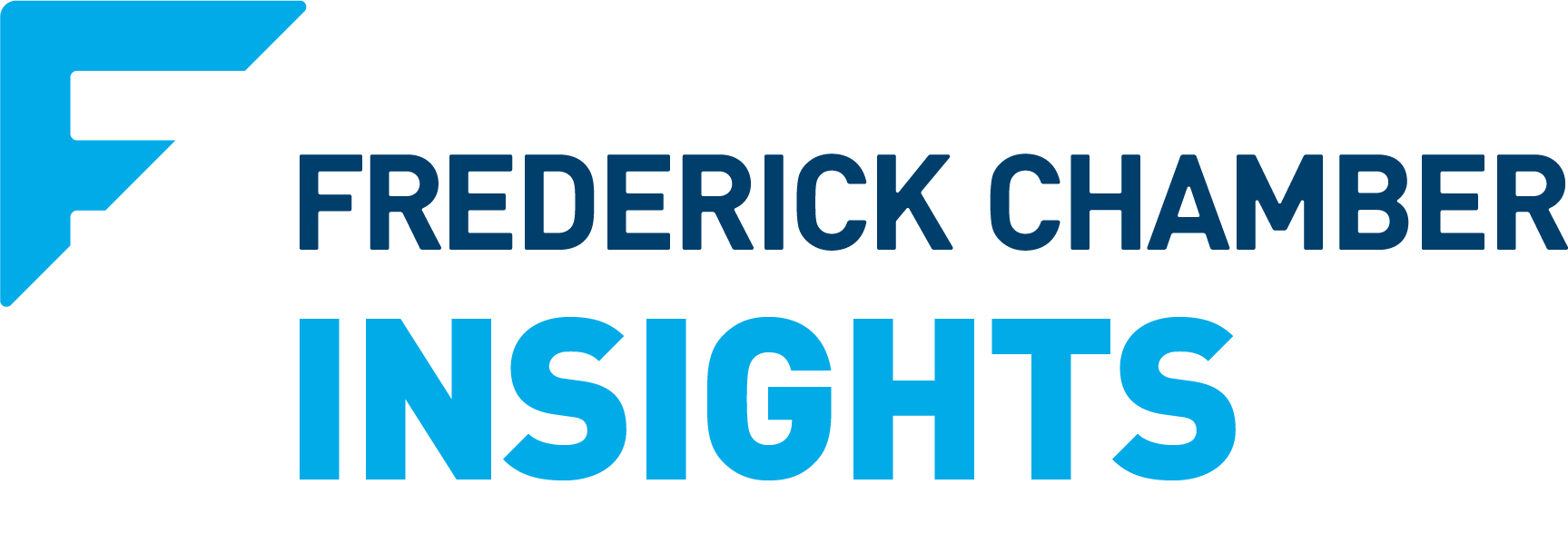If you Google “hate performance reviews,” you’re met with more than 86 million results. WOW! It seems that employees really hate the ways their organizations monitor and evaluate performance. However, this doesn’t have to be a painful process for the managers or the employees. In fact, it should be something that helps grow and develop your talent within the organization.
Performance reviews were created eons ago to do three things: (1) to provide a forcing function for managers to have a substantive conversation with their employees about their performance over the previous year, (2) to correct any performance issues or highlight areas for improvement, and (3) to create documentation of the employee’s performance. While these three reasons still exist, many organizations aren’t using performance reviews in a way that actually help grow and develop an employee. In fact, one of the biggest complaints from employees is that the performance review is just an exercise in futility and has no impact on growth, compensation or any other type of recognition and rewards program in the organization.
So, what can your organization do to correct the performance review situation? Here are three simple steps:
1. Focus on goals.Rating scales often don’t help with changing behavior and have little meaning to the employee. Instead, think about what you want the employee to achieve in the next period of performance. This should be an interactive process with input and feedback from both the employee and manager.
2. Think about career development and retention.Employees want to know if they have a future with your organization. This is increasingly become a demand from our younger workforce. Those who don’t see a clear career path will leave for an opportunity with an organization that affords them a clear career path.
3. Make this an ongoing process, not only once a year.Employees want regular feedback and hearing from their managers only one time per year isn’t changing any behavior – good or bad. Consider doing regular meetings on a weekly or monthly basis to check in on progress toward goal achievement. These meetings may be less structured and shorter, but it affords the employee an opportunity to check-in with the manager and get timely and regular feedback.

About the author:
Amanda Haddaway is the managing director and lead consultant and trainer for HR Answerbox. She specializes in resolving difficult employee relations situations, designing and facilitating interactive training solutions and advising small businesses on how to effectively manage their human capital
Frederick Chamber Insights is a news outlet of the Frederick County Chamber of Commerce. For more information about membership, programs and initiatives, please visit our website.

